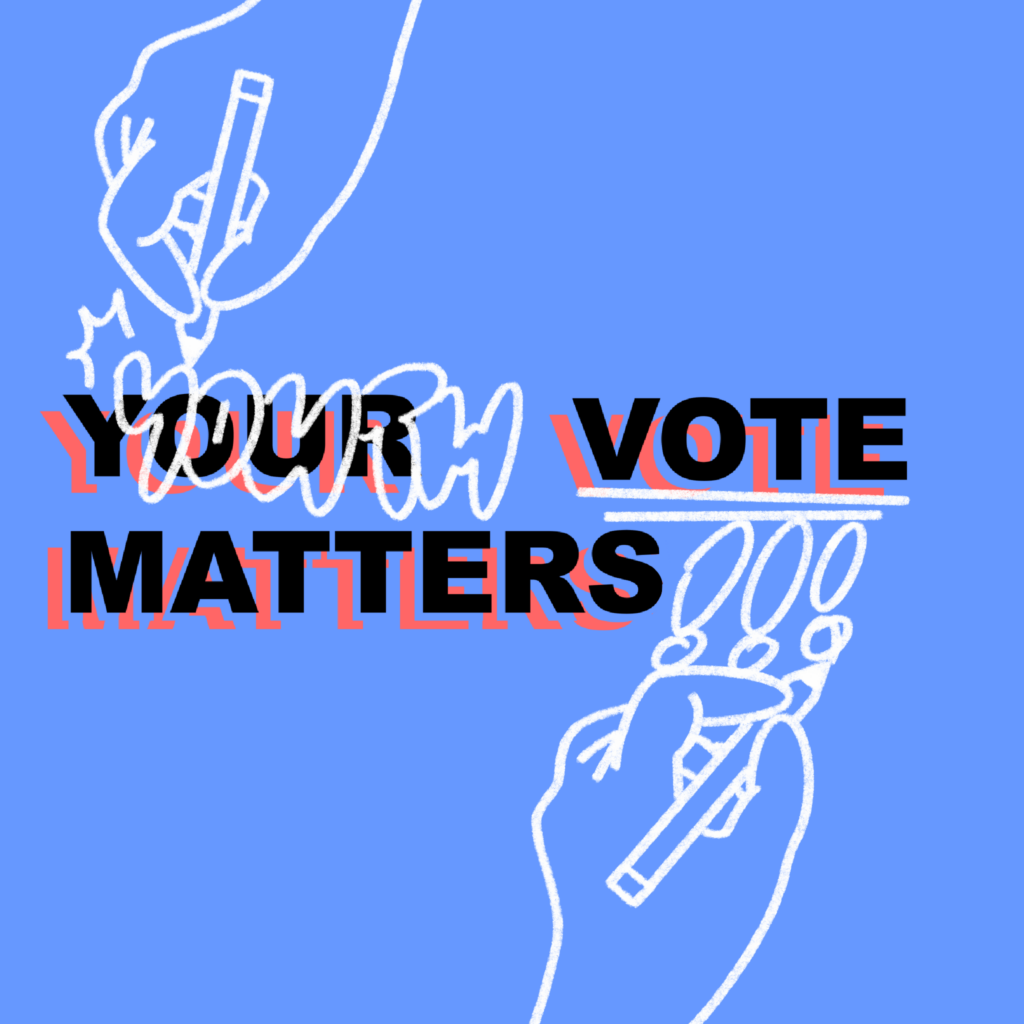In a world with a multitude of problems to solve, I wanted to do something that could make a difference for the future of myself and my peers. Thankfully I found, voting rights to be a core issue with the potential to solve many more societal problems. I wanted to get involved. I wanted to continue the work that John Lewis and Fannie Lou Hammer had stepped up to do before me. So I did.
During the Spring of 2022, I met another student activist at my school, Hume-Fogg Academic Magnet. He was working with State Senator Heidi Campbell on a bill to increase student voter turnout and they were looking for students to testify on behalf of the bill. The prior summer, I had interned with Organize Tennessee, a non-partisan voting rights organization for which I did research regarding Tennessee elections. I had to search far and wide to find the information on when and where local elections would be held, so I knew the many obstacles to casting a ballot in Tennessee. Thus, I was excited to testify in support of The Tennessee Student Voter Act (TNSVA).

The act originally sought to expand valid voter identification documents to include IDs issued by state universities, require high schools to send an email to all seniors regarding voter registration, and remove the requirement for a newly registered voter to cast a vote in person for the first time, which disenfranchises young people attending out of state schools. Despite our hard work and extensive research, the bill ultimately failed during the 2022 legislative session.
Like activists before me, I persisted and developed a plan. During the Fall, I began to prepare for the coming 2023 legislative session, which would begin in January. I considered the issues that the legislators had with our prior legislation, researched student voter bills in other states, including those neighboring Tennessee, and I read academic studies on student voters. With this knowledge, I outlined new legislation so that it would be ready to go when the session commenced. I also sought out opportunities to meet with governmental officials before the legislative session began to develop key support. I met with Mark Goins, Tennessee’s Coordinator of Elections, who was able to help me ensure the language was watertight and could be implemented in the real world.
Once the session began, I worked with the bill’s sponsor, Senator Heidi Campbell, her legislative assistant, and worked with a coalition of students from around the state to lobby for the bill. We contacted all the Senators on the State and Local Government Committee to arrange meetings with them so we could explain our bill and express our reasons for support. After whipping the votes in the Senate, it passed unanimously.
Given the bi-cameral nature of the Tennessee legislature, it then had to also pass the House of Representatives. While in the Elections and Campaign Finance Subcommittee, the bill almost failed, as some representatives were concerned about language, which applied to the entire election code, stating, that those who violated the code could be charged with a misdemeanor. Some legislators interpreted this as meaning that teachers and principals would be “walked out of school in handcuffs,” if they forgot to send the email. The legal department assured us that in no scenario would anyone be imprisoned for not sending the email, as the code includes the word “knowingly.”
Thankfully it passed that first House subcommittee, and then it continued on to the Local Government Committee, where I was able to testify in favor of the bill and answer questions posed by the legislators. However, the bill was held up and amended for clarification that violators of the bill would only be faced with a misdemeanor if they did so knowingly. In the end, it passed out of that Committee and then moved on to the full House, where it passed almost unanimously.
Throughout the process, I got to meet with very interesting people and received much support from various legislators and lobbyists. It was a very accessible process as all the information I needed was on the state legislature’s website or accessible by asking the sponsor’s amazing legislative assistant. Being an activist takes persistence and hard work, but anyone can do it. If there’s an issue that you want to solve, propose a bill to a representative. All you need is an idea that is small, specific, and impactful, plus the courage to reach out to your elected representatives.
If you don’t have any ideas for bills, you can lobby for or against preexisting legislation, and do not need to register as a lobbyist as long as you do not receive compensation. Many do not understand what lobbying is, but you can do it simply by emailing legislators who sit on the committees that your chosen bill pertains to and arranging meetings with them. During the
meeting, come prepared with knowledge on the issue and an easy to digest fact sheet or one pager, to leave with the legislators.
It is your right to watch your state legislatures in session and to sit in committees. Even if you are too young to vote, legislation that is passed and legislation that remains unpassed still affects you. Even if you can’t help decide what gets passed through electing people that represent your values, you can show up, talk to, and influence those with the power to pass legislation.



